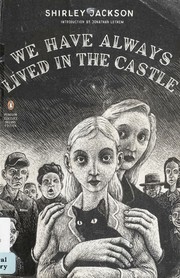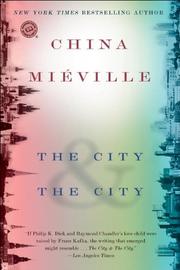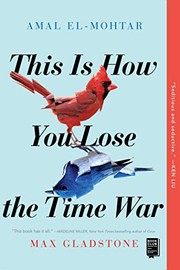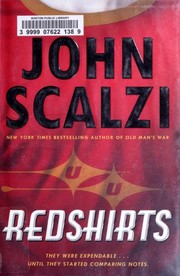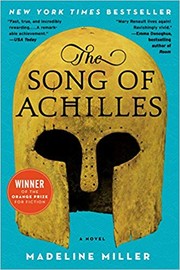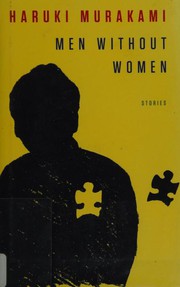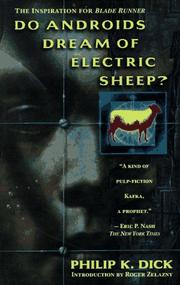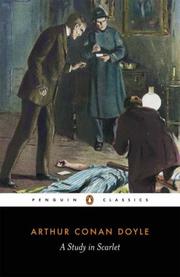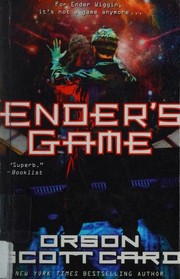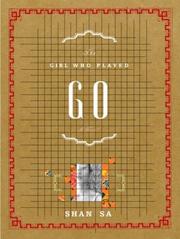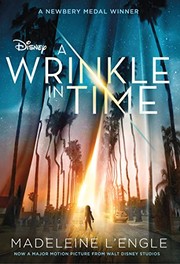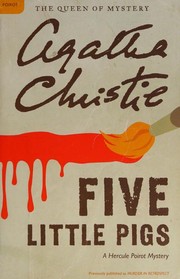
Five Little Pigs
by Agatha Christiedetective fiction murder mystery Hercule Poirot
Reviewed on: 13th August 2024.
“Five Little Pigs” marks the 25th appearance of Hercule Poirot. Stoic and resolute in his pursuit of truth, Poirot stands out in this novel as one of the more charming variants of the savant investigator trope; one that avoids the common pitfalls of anti-social behavior, lack of self awareness, or a distinctive detachment from humanity.
Poirot is commissioned by Carla Lemarchant, a young spouse-to-be, to revisit a case from the distant past. 16 years ago, Caroline Crale was tried and found guilty for the murder of Amyas Crale, her husband. Carla, daughter to Caroline and Amyas, and only 5 years old at the time of the murder, was sent to live abroad and kept sheltered from the crude reality of her parents’ demise. Since then, Carla has grown, and was finally given a letter from her mother, written shortly before her death in prison, where she reaffirmed her innocence. With no doubt in her mind, Carla seeks out Poirot’s help to clear out her family’s name and reassure her husband-to-be (moreso, herself) that murder does not run in the family.
Poirot’s investigative goals are not limited to the objective material facts of what happened and when. Beyond the crude facts, he seems to care a whole lot about the psychology of the case and of the players involved. This is perhaps particularly true for this story, in which Poirot is tasked to investigate an old case only through the dusty testimony of those who were present at the time. Parsing through the memories and recollections of evets, Poirot challenges the witnesses’ perceptions of what actually happened, exposing their implicit biases and assumptions.
"[...] It is the eyes of the mind with which one really sees..." — Hercule Poirot
This book was OK; I almost liked it well enough. I certainly do not regret reading it, but neither would I highly recommend it. My main concern is that the narrative feels static. Perhaps to be expected, for a plot that focuses entirely on conversations detailing the past; multiple conversations, in fact, all describing the same overlapping events from different perspectives. I assume this represents an interesting deviation from Poirot’s more standard cases that take place in the characters’ present, and perhaps I am biased against this narrative simply by the cirsumstance that this is the first of Poirot’s mysteries that I read. Nevertheless, in my opinion it does not make for a greatly compelling narrative. The problem is perhaps not just the exclusive focus on dialogue, which to be fair is quite compelling at times as well, but moreso a certain lack of stakes. Nothing really happens. 16 years ago, Amyas died, Caroline was sentenced, and then later died herself in prison. Justice was already miscarried to a degree from which there can be no undoing. Though the pursuit of truth for truth’s sake is admirable and interesting, in this case it does feel… lacking. That said, the twist at the heart of the mystery was multi-layered and quite interesting, and I do understand the perspective of those who enjoyed this book a lot more than I did.
